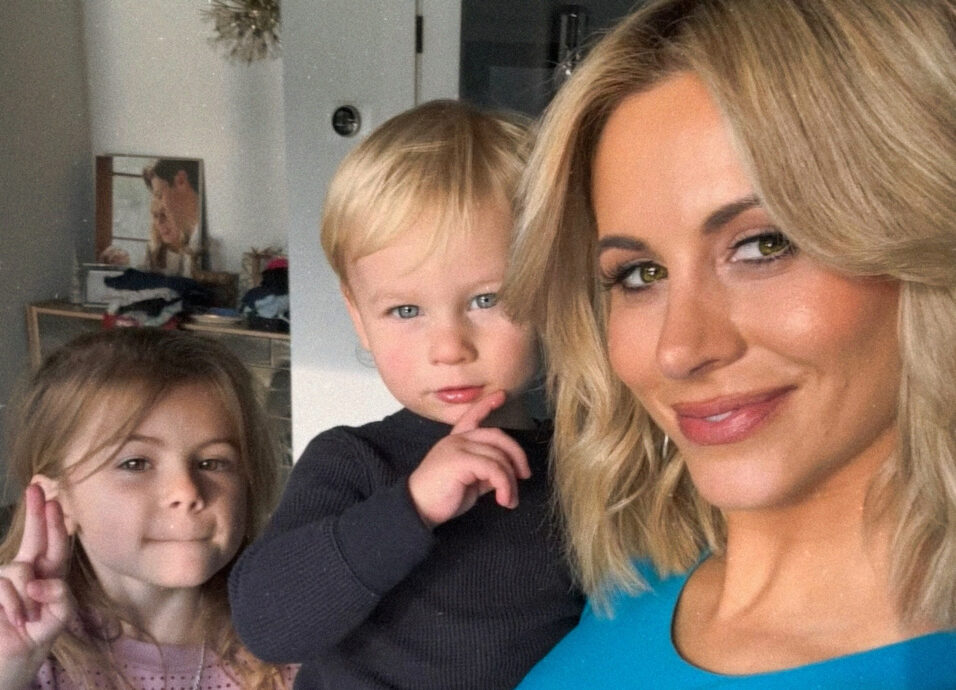I have been a co-parent for 20 years. Communication is key when raising kids between two homes, but the best decision we made while co-parenting after divorce was to compartmentalize our conversations and not discuss details at the handoff between homes. We never wanted our daughter to overhear us argue or carry the burden of adult conversations; instead, we set rules and decided only to discuss co-parenting business over the phone, in a co-parent meeting, or over email. That’s no small task when tempers are flaring or schedules are crazy.
This is just one of the things you need to cover with your ex-husband when you’re raising kids between two homes. These aren’t easy decisions to make or conversations to have, but for the health and well-being of your children, you’ve got to do it. Here are 3 other things we learned about co-parenting after divorce.
1. Have regular co-parent meetings.
We hold onto the “tough stuff” and discuss it at our co-parent meetings. We use them as opportunities to address parenting concerns between homes. A planned meeting is a healthy place to discuss things we may often disagree on. Every stage of life brings new parenting demands, and parenting skills easily can get challenged between two homes when parents do not have a consistent communication plan between them.
2. Handle disagreements with maturity.
Along the way, I have found that there is a way to agree to disagree. When we disagree on how something is expressed or handled at the other person’s home, we at least show respect for the other parent and do not add negative words or disparaging comments to the situation when talking to the children about it. We can uphold the rules and boundaries at our home and acknowledge to the children that we understand it is different at their other home; however, we do not criticize or demean the other parents.
It is important for kids to see that adults can agree to disagree and still be respectful and cordial. Deciding to have self-control and maturity is something we can only choose for ourselves. Being an example benefits our children in a way that impacts them for life.
3. Being consistent as a parent is also critical.
Often, divorced parents allow children to misbehave or ignore boundaries out of shame or guilt or simply wanting to be the favorite. Kids need parents to stay engaged, continue being present, and have relevant expectations for each age and stage of their development. A passive parent will create an unhealthy child. A consistent parent who keeps the “long view” in mind will parent with appropriate rewards and consequences because he or she wants the children to grow into mature and responsible young adults.
The good news is that kids from divorced families can grow into stable and successful young adults who have lifelong relationships and are not scarred by their parents’ divorce. Divorced and remarried parents just need to keep in mind that the kids need Mom and also Dad; children thrive with the love and security of two parents, even when they are in different homes. Being intentional to accept and celebrate the love of the other parent will continue to heal and help our children.
What is one thing can you do today to strengthen your co-parenting relationship?
Tammy Daughtry, MMFT is the author of the book Co-Parenting Works! Helping Your Children Thrive After Divorce as well as the creator of the DVD One Heart, Two Homes: Co-parenting Kids of Divorce to a Positive Future.








